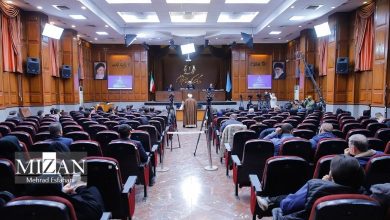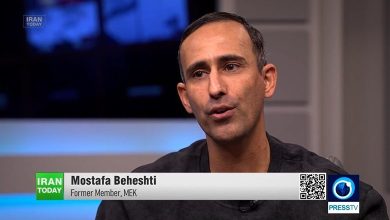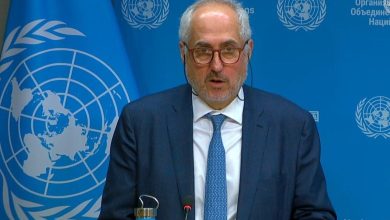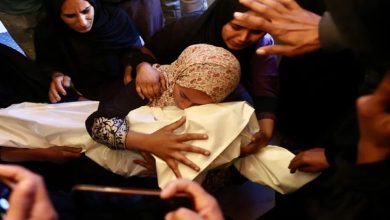The destructive consequences of Terrorism and the Global Refugee Crisis in 2015
The year 2015 has seen the worst refugee crisis in recent history with over 19.5 million refugees across the globe. Unprecedented numbers of refugees have arrived on Europe’s shores, while countries in the Middle East, South East Asia and Africa continue to host the majority of the world’s refugees. The failures of Europe’s search and rescue operations are exposed following tragedy after tragedy at sea. This culminates in so many people dying on the high seas off the Italian island of Lampedusa (Amnesty international, 22 December 2015)
Given Lampedusa’s location – around 70 nautical miles from Tunisia, between Libya and the Italian mainland – it sits astride Europe’s busiest sea migration route. People fleeing armed conflict, persecution and other hardship in sub-Saharan Africa, Syria, Palestine,Iraq and elsewhere are in ever greater numbers entrusting their lives to ruthless people-smugglers in an attempt to reach Europe. In 2014, more than 170,000 people arrived on Italy’s shores. The same year, around 3,500 died – from drowning, hypothermia and other causes – or disappeared at sea, making this the world’s deadliest sea crossing.( AFP, Agence France Presse, 19/10/2014) While the world focuses refugees and migrants arriving to Europe’s shores, refugees from Syria are also struggling to survive in Lebanon, Jordan, Turkey, Iraq and Egypt.
Lebanese authorities close their borders to refugees from Syria and impose increased restrictions on 1.1 million refugees already in Lebanon. The UNHCR has regularly urged the international community to provide Lebanon with greater assistance to tackle the influx of refugees. The agency has also called on other countries to open their doors to fleeing Syrians to ease the burden on Lebanon and other neighboring states. ( AFP, Agence France Presse, 19/10/2014)
In Africa, rising politically motivated tensions and violence in Burundi lead to thousands of people fleeing to neighboring Tanzania, Rwanda, Democratic Republic of the Congo and Uganda. The UN refugee agency reported that pre-election violence and intimidation in Burundi has triggered a recent rise in the number of people seeking asylum in neighbouring Rwanda and Democratic Republic of the Congo. “In all, more than 8,000 Burundians have sought refuge in these two countries over the past two weeks; 7,099 in Rwanda and a smaller number in Democratic Republic of the Congo,” UNHCR spokesman Adrian Edwards told journalists in Geneva, adding that mounting violence and insecurity were cited as the reason for fleeing. ( http://www.unhcr.org/553110f39.html) The world’s attention moves to South East Asia. Around 8,000 Bangladeshis and persecuted Rohingya from Myanmar are abandoned without food or water on boats drifting off the coast of Thailand and Malaysia.
Push-backs and deportations, and the absence of safe and legal routes to countries in the European Union leave thousands of people stranded in legal limbo across the Balkans.
While governments argue about who is responsible for the hundreds of thousands of newly arrived refugees and migrants in Europe, volunteers and activists from Hungary to Greece to Calais support refugees with food, clothes, sleeping bags and a warm welcome.
Shocking images of Syrian toddler Alan Kurdi’s body galvanize people into action, including to organize “Refugees Welcome” marches. This child’s plight should concentrate minds and force the EU to come together and agree to a plan to tackle the refugee crisis. Under apparent European Union pressure to prevent irregular migration, Turkey unlawfully detains and eventually deports refugees to Syria and Iraq. Alarming evidence emerges suggesting that Australian officials paid smugglers to turn boatloads of asylum-seekers back to Indonesia, and in a way that endangered the lives of the women, men and children on board. (Amnesty international, 22 December 2015)
Borders further tighten as Macedonia, Serbia and Croatia introduce new border controls. Syrian refugees are stuck in a desert area on the Jordan-Syria border when Jordan refuses them entry, with hundreds more arriving daily.
While the number of resettlement places offered globally remains disappointedly low, Canada provides an inspirational end to the year as it warmly welcomes the first few hundred Syrian refugees of its intended goal of 25,000 by early 2016. (Amnesty international, 22 December 2015)
The most important factor being neglected or at least played dawn by the hosting countries is the presence and heinous terrorist acts posed by unprecedented terrorists groups headquartered at some part of the Middle East and North Africa, the core rout of crisis. More frequency of violations of human rights and, discrepancy and inconsistency of EU and some west countries in dealing with terrorism as a threat to the world as well as to the humanity ushering the issue of the migration into a cheias. The barbaric and brutal nature of terrorist groups like Dae’sh, Book Haram, Al Nosra, Ahrar ‘Alsham, Taleban and Al’Ghaeda paves the way for EU to suffocate in the migrants’ lift jackets.
Supporting the humanitarian rights of refuges and the necessity of alleviating the plight of women and children escaped war, the Assosiation of Defending for Vvictims of Terrorism believes that the International Community must do more to help both overwhelmed host countries and refugees. ADVT due to its supporting and harboring nature of Human Rights has frequently articulated the destructive consequences of terrorism .A global response to the refugee crisis and, the neglected and silent victims of the crisis in particular, is the only solution.





